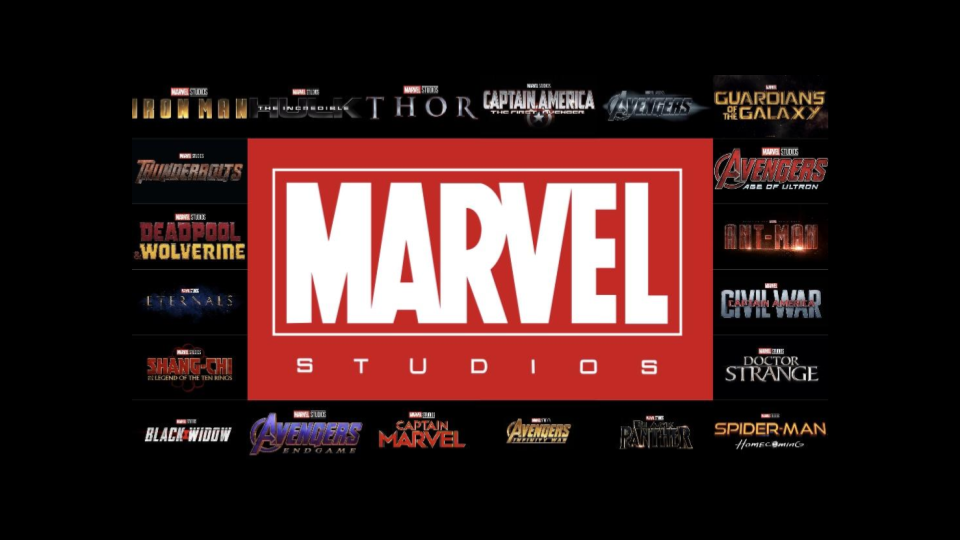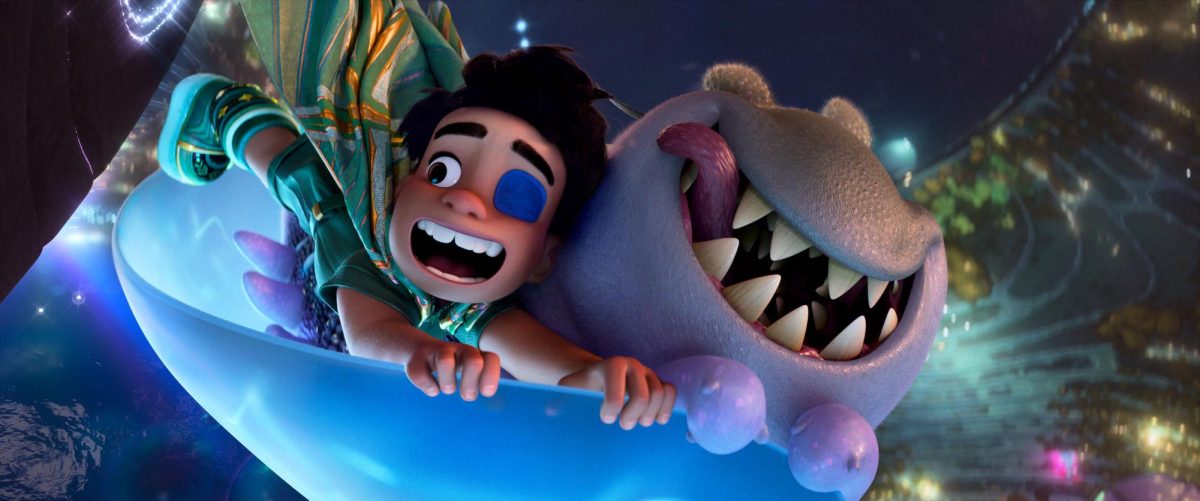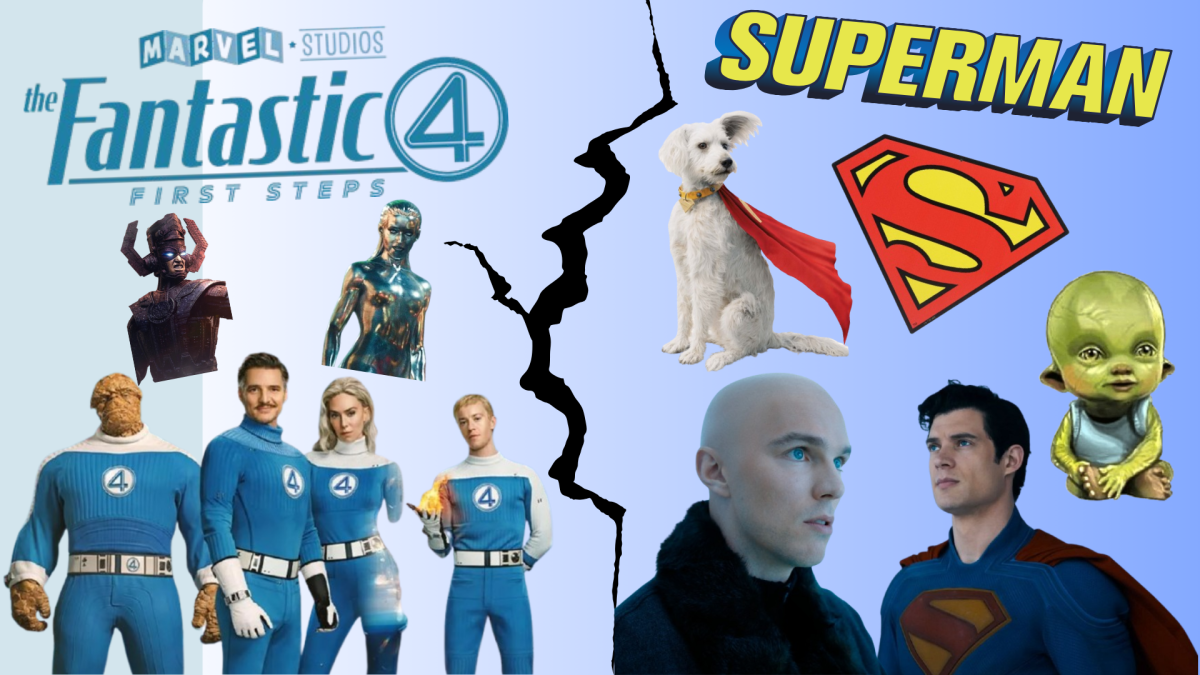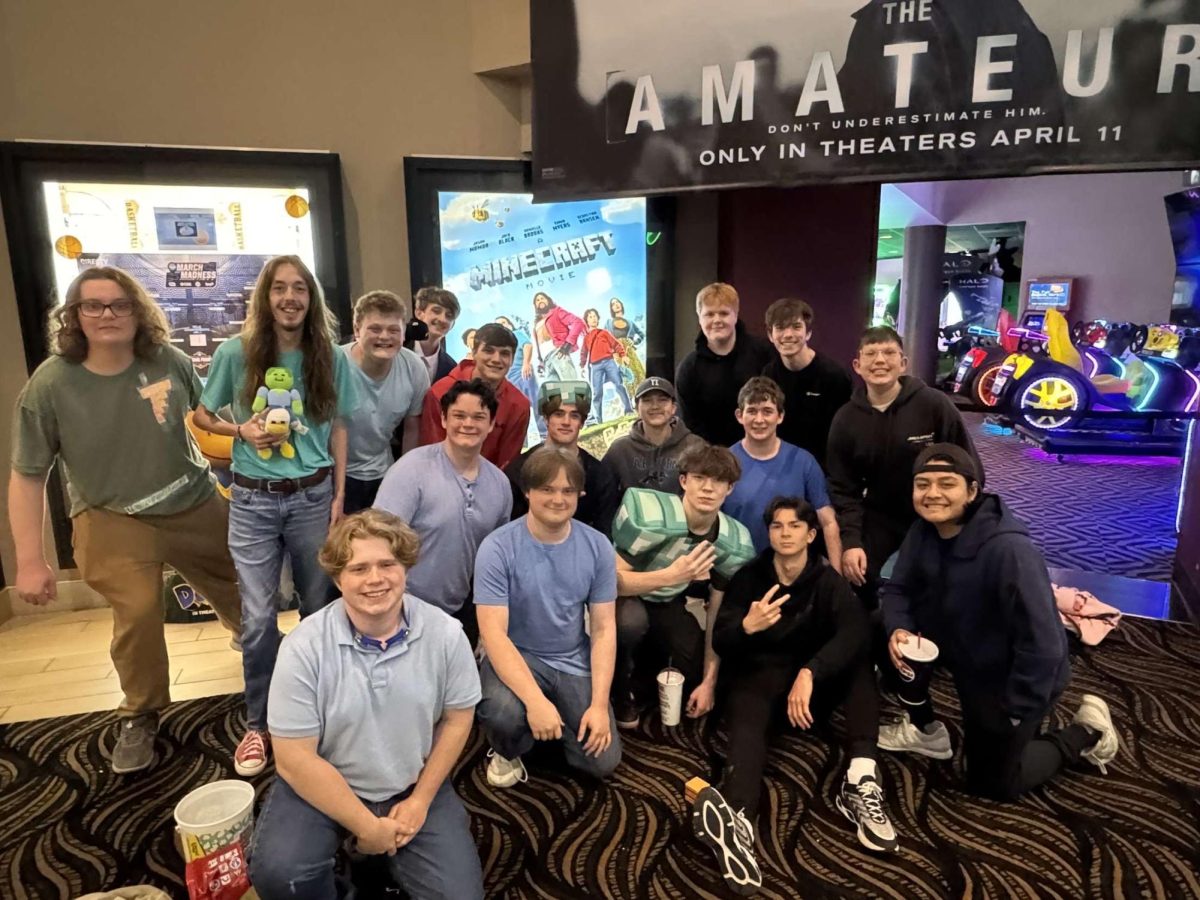
The ‘death’ of Marvel Studios

Avengers: Endgame, the highest-grossing superhero movie of all-time and the second highest-grossing film of all-time, arrived in theaters in 2019 and inevitably caused the dramatic ‘decline’ of the Marvel Cinematic Universe (MCU). In the past few years, Marvel’s viewership has declined mostly because of their failure to appeal to Generation Z, which makes up 30% or 2.5 billion of the global population. During the 2010s, Marvel produced blockbuster after blockbuster, so, what has caused the major fall-off?
The MCU has a structure in the way they release their movies. These so-called ‘Phases’ take place through certain storylines, mainly ending with one of The Avengers films. Phases 1, 2, and 3 were Marvel’s big hits, ending Phase 3 with Avengers: Endgame. Phases 4 and 5 introduced the concept of the multiverse to the timeline. Junior Vincent Coleman explained how the end of the main story was the end of most audiences’ engagement.
“I feel the universe came to an end. All [of] the new shows and movies create a different timeline, which could be before or after [Avengers: Endgame]. It can also be seen like an end of [the] comic series since the original comics had different storylines,” Coleman said.
Because the entire universe revolves around one main timeline, all of the movies before Avengers: Infinity War and Avengers: Endgame were just filling in the gaps leading up to the big ‘finale’. Senior Michael Stimpson said he felt the decline of the MCU is giving people the wrong ideas.
“I think Marvel’s ‘downfall’ is misunderstood. They had spent the past ten years building up to these two incredibly large scale movies, [Avengers: Infinity War and Avengers: Endgame], and could not continue creating incredibly massive scale movies without taking a step back to lead up to said movies,” Stimpson said.
This year, Marvel released Deadpool & Wolverine. The film grossed over 1.3 billion at the box office, landing it in seventh place of highest-grossing superhero movies after only nine weeks. Sophomore Ava Morice shared how different Deadpool & Wolverine felt compared to other MCU movies, which may have been the leading cause of its success.
“I really liked Deadpool & Wolverine, but it didn’t really feel like a Marvel movie. It just felt like its own genre, so in my brain I don’t associate it with the Marvel Universe,” Morice said.
Along the lines of some movies not feeling the same as others, sophomore Anna Lauck agrees, saying that the constant outpouring of media from Marvel has led to a change in engagement.
“I think the main reason Marvel has ‘fallen-off’ is because they put out way too much at one time instead of spreading it out. The movies weren’t consistent with the tones and themes,” Lauck said.
There have been a handful of bigger hits in the past few years like Spiderman: No Way Home, Guardians of the Galaxy Vol. 3, and, of course, Deadpool & Wolverine, which have brought some light back to the box office, allowing for a glimmer of hope for the MCU. Stimpson explains how he thinks the success of these films is caused by the creative teams.
“The big hits were because Marvel allowed the director’s vision to come to life. [Guardians of the Galaxy Vol. 3] and [Deadpool & Wolverine] succeeded so well because the directors had full control over the movie and knew what they were doing with the characters,” Stimpson said.
There are over 80,000 characters in the MCU, most being very small parts of the entire franchise. Morice believes that the decline of Marvel has been caused by the large amount and focus of all-new/minor characters.
“I think the main reason Marvel [has declined] is because they are making huge movies [to] focus on minor characters that never grabbed our attention before, which is making it a harder appeal to go watch,” Morice said.
Post Phase 3, Marvel shifted to producing more TV series’ with longer episodes. Some of these shows, like Wandavision and Loki have proven to be very successful among fans of these characters. Sophomore Gibson Schmiedeke said that the combination of introducing TV shows and also time-travel playing a large role in the universe lead to the decline in viewership.
“Marvel ‘fell-off’ when they started having time travel be so big in the movies because it just changed so much of the stuff people had been watching for years, and again when they started doing TV shows instead of movies. I for sure have not seen every Marvel TV show, and I don’t want to have to watch all of them to understand,” Schmiedeke said.
Now, many fans are still holding out hope for a ‘comeback’ for Marvel. The miniseries, Agatha All Along, just premiered with two episodes that have already reached over 9.3 million views. This month, the official trailer for Marvel’s Thunderbolts* was released and has many people excited for next May. Stimpson believes that a return of Marvel should include a pivot to decreasing the amount of projects they produce, as well as more individuality among the different movies.
“The Thunderbolts* trailer has me very excited. They seem to be using each character well and creating a good group dynamic. Marvel could make a ‘comeback’ by slowing down the release schedule and focusing on making each individual project its own story instead of forcing them all to be tied in together,” Stimpson said.
Schmiedeke, a long-time Marvel fan, expressed how he feels the shift in different directors and creative teams has changed the amount of heart that goes into the movies.
“At the end of the day, Marvel movies are still not horrible movies, they just are not put together with the same amount of love [that] they used to be,” Schmiedeke said.
Your donation will support the student journalists of Rockwood Summit High School. Your contribution will allow us to purchase equipment and cover our annual website hosting costs.






